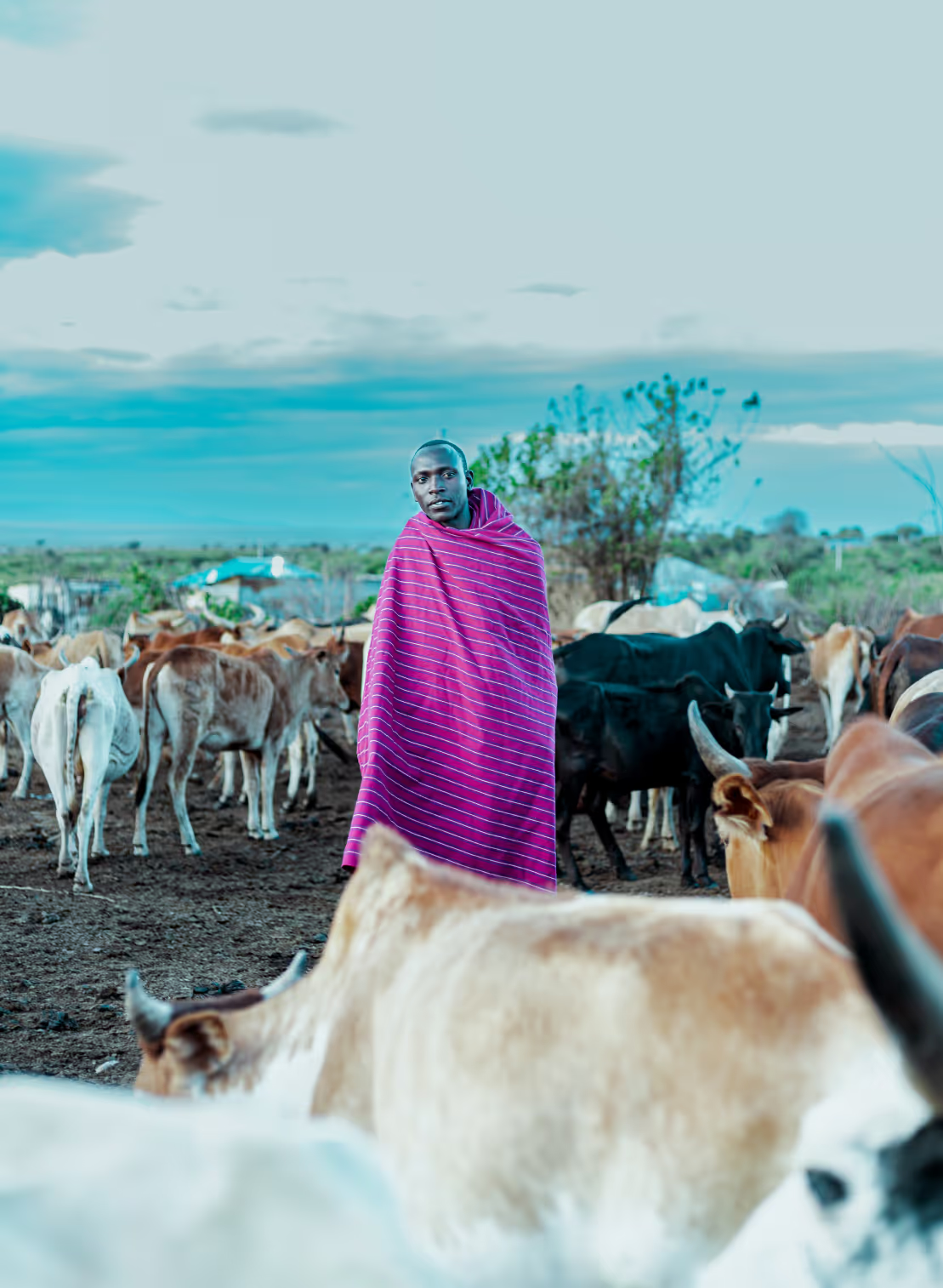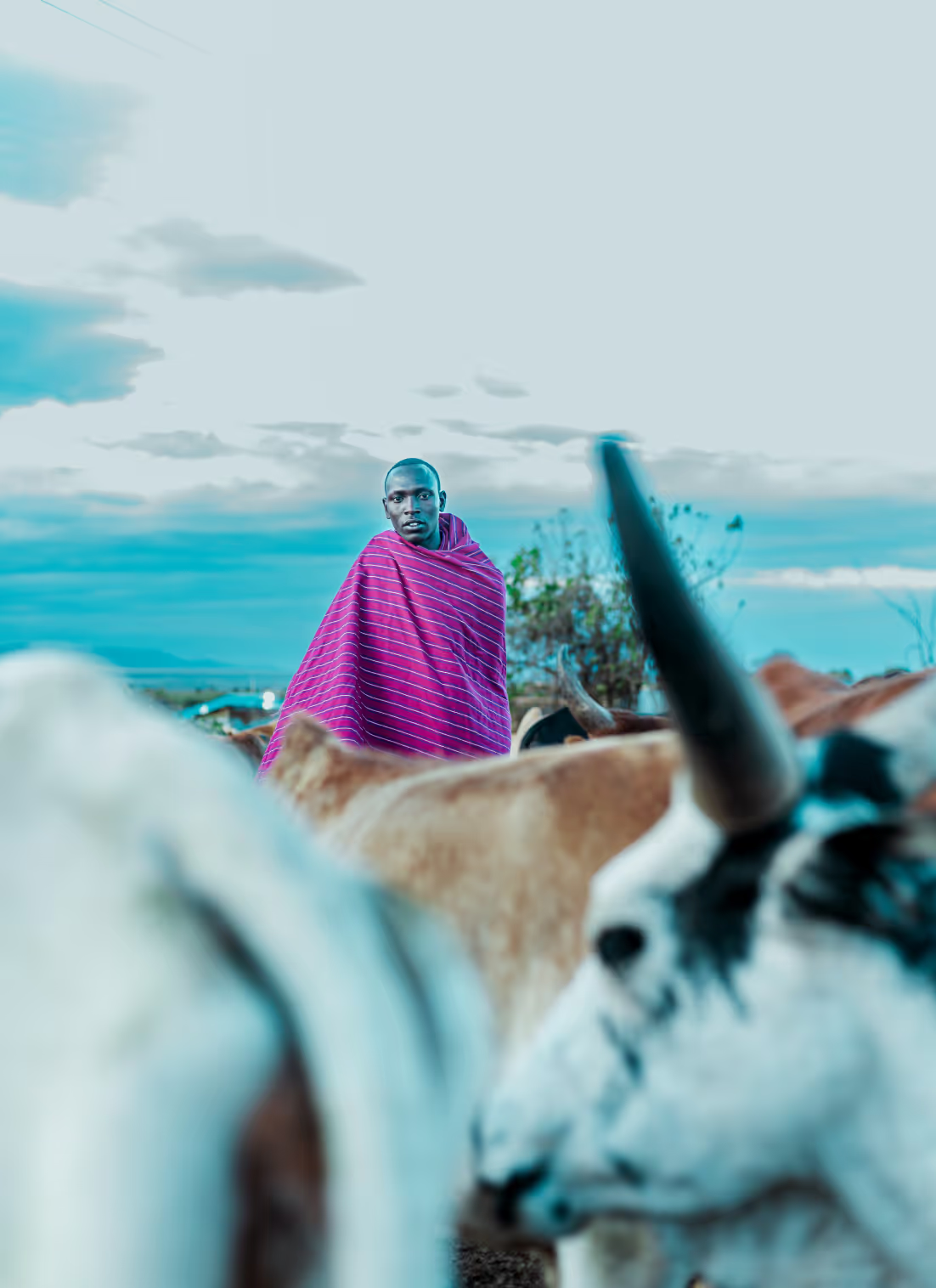Maasai Mara

Introduction
My recent visit to Sekenani village in Maasai Mara provided a unique opportunity to interact with the Maasai community, an indigenous group known for their rich culture and unique way of life. This report delves into the various aspects of Maasai culture, as observed during the visit, addressing key questions to offer a comprehensive understanding of their beliefs, traditions, and lifestyle.
Maasai Life Philosophy
The Maasai life philosophy revolves around harmonious coexistence with nature, a strong emphasis on community, and a commitment to preserving their rich cultural heritage. Their connection to the land, their cattle, and their unique spiritual beliefs define their way of life.
Maasai Songs
The Maasai people have a rich tradition of song and dance, which plays a significant role in their celebrations and rituals. During our interaction with the community, we had the privilege of hearing traditional songs, including one they sing during celebrations. These songs reflect their joy and pride in their culture and cattle.
Moran anthem, it’s a song that morans sing when going to the forest in preparation for their initiation. They stay in the forest for 2 years surviving on the cow meat that is taken to them from time to time. Traditionally, during this process one was supposed to kill a lion and bring back its teeth but due to their evolving mindset on nature and wildlife, this custom has been stopped.
Nepuo lolenjuru, enkaputi nakinya, nepuo irenja
Enkolong emodet, nigara iltaleta, obiti lenkereri
Enkiteng ormurani, kipuo olematumie entimai
Nashua iretet ongirgir, florida lenkamata
Llowuarak emidiki olchamba, lenking’atie dupoto
Nikiar meiruja orkuto enkop, neked irbaketi osilalei
Tengaraki enaingure, irbaketi itin’go enkata inyi neeku enaang’nalotu
Bara maikodo enkusero, neeku irgilat imanyi, neimany irpuli
Neimany irmakesen rakita, nejo enaata intuka kaiser enoo nkajijig.
Translation
We are going in groups, to build a long lasting relationship
it's a special day, we camp in the forest,
The animal with stripes, the forest cow
We are in the middle of the forest, full mixture of trees
We are learning and strengthening ourselves
To watch over the household and make sure lions won’t enter the households.
After graduation, we will plant a tree, to show it’s our turn
And to honour those who came before us.

Enkai or Engai
In Maasai culture, "Enkai" or "Engai" is the supreme deity, a dualistic god with two aspects: Enkai Narok (Black God) and Enkai Nanyokie (Red God). This section explores the Maasai's unique spiritual beliefs and the central place of Enkai in their lives, influencing daily activities, rituals, and decision-making.
Oodo Mongi and Orok Kiteng
The Maasai traditional way of life is deeply connected to their homes, known as "Oodo Mongi," and the spiritual significance of these structures. This section describes the construction, functionality, and cultural importance of these huts, along with insights into "Orok Kiteng," which complements the Maasai's nomadic lifestyle.
Emorata Initiation Practices
"Emorata" is a significant initiation ceremony in Maasai culture, signifying the transition of young boys to warriors. This section details the key elements of the Emorata practices, including circumcision, isolation, blessings, and ceremonies. Its also explains the cultural importance of this rite of passage.

Importance of Hair to the Maasai
Hair plays a crucial role in Maasai culture, serving as a symbol of identity, age, and social status. This section explores the intricate hairstyles and beadwork adorned by Maasai women and how they convey information about marital status and age. Additionally, it highlights the economic significance of beadwork and hair to the Maasai community.
Importance of Nature to the Maasai
Nature is central to the Maasai way of life, and this section delves into its profound importance. It discusses how nature provides sustenance for their cattle, serves as the dwelling place of their god Enkai, and plays a crucial role in their spiritual beliefs, healing practices, and cultural identity.
Certainly, here are three key points on the importance of Nashipai Conservancy in Sekenani Village:
- Economic Support for the Local Community: The conservancy plays a pivotal role in distributing a monthly stipend to the local community surrounding the conservancy. This financial support helps improve the economic well-being of the Maasai residents in Sekenani Village, reducing their reliance on traditional livelihoods and enhancing their overall quality of life.
- Education and Scholarships: Nashipai Conservancy contributes to the education of local needy students by providing scholarships and bursaries funded from the revenue generated through tourism activities. These educational opportunities empower the youth in Sekenani Village, offering them a chance to pursue their studies and build a brighter future.
- Wildlife Conservation and Ecological Balance: The conservancy's efforts in preserving wildlife and natural habitats are of paramount importance. It allows Maasai community members to actively participate in conservation initiatives, contributing to the protection of endangered species and maintaining the ecological balance in the region. By fostering a sense of stewardship and coexistence with nature, the conservancy helps safeguard the environment for current and future generations.
Maasai Way of Life
The Maasai way of life is a unique tapestry of traditions, pastoralism, and community-based living. This section provides a comprehensive overview of their nomadic lifestyle, community organisation, cultural traditions, spiritual beliefs, housing, initiation ceremonies, gender roles, education, and conservation efforts. It emphasises their commitment to preserving their cultural identity and harmonious relationship with the natural world.

Conclusion
In conclusion, the Maasai culture is a rich and vibrant tapestry of traditions and practices deeply rooted in their unique relationship with nature and spirituality. My visit to Sekenani Gate in Maasai Mara allowed me to witness firsthand the resilience, cultural pride, and commitment of the Maasai people to preserve their way of life in a rapidly changing world. This report has provided insights into their beliefs, rituals, and the profound importance of their natural environment, shedding light on the Maasai way of life.

























More articles about Kenya





